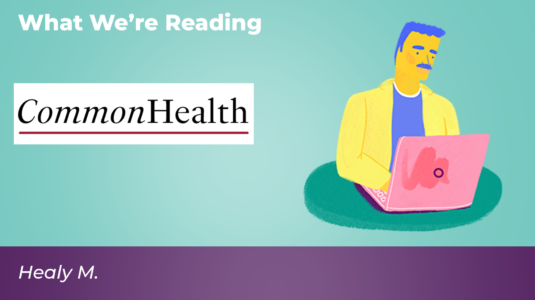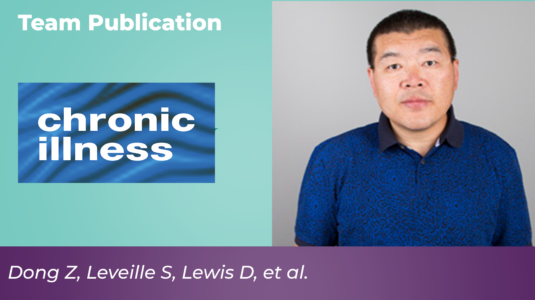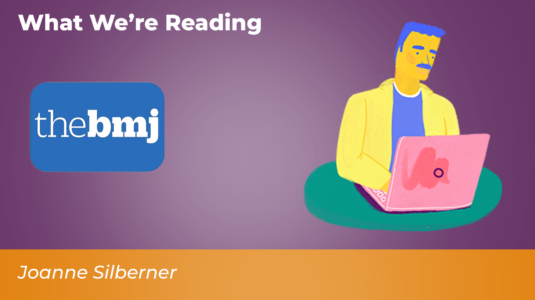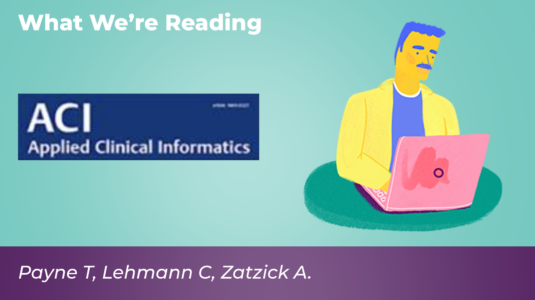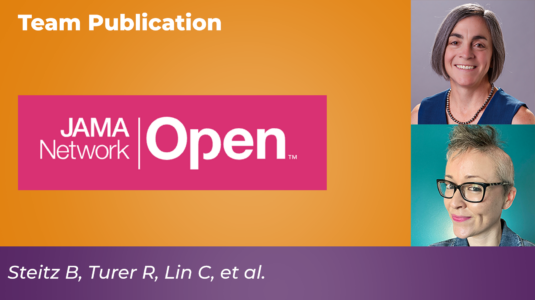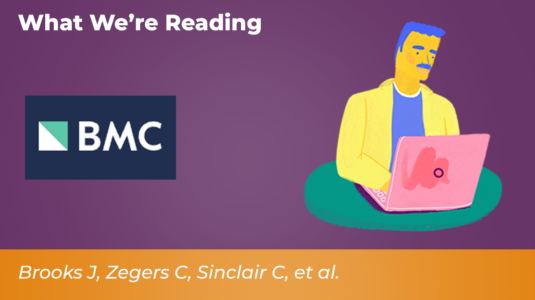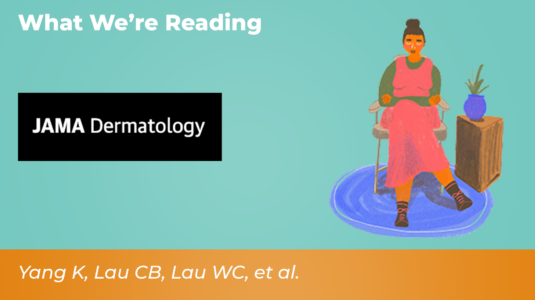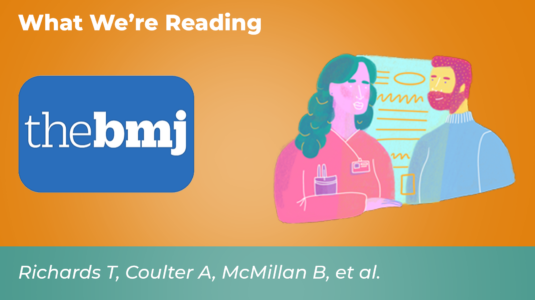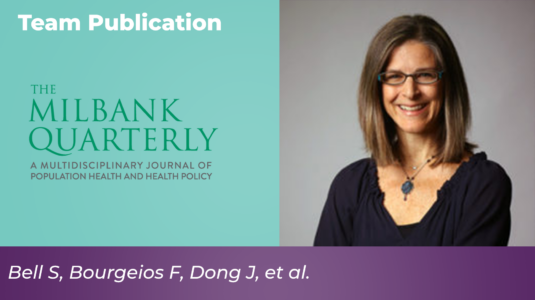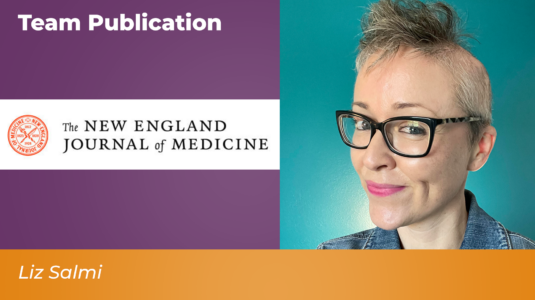This case report describes the process of assembling a multidisciplinary team to create an educational campaign with the goal of reducing stigma and bias in the medical record. Campaigns like this one can serve as models for medical and public health professionals who seek to advance health equity.
Patient Experience
People with diabetes who read their clinicians’ visit notes: Behaviors and attitudes
People with diabetes want to read their clinicians’ notes, are accessing them at high rates, and report understanding the notes and benefiting from reading them. Clinicians can encourage further engagement by enhancing the readability of notes and discussing the availability of notes with patients.
Access to records: Do open notes work for patients?
Since 2021, Americans have been guaranteed full and immediate access to their own health records. Joanne Silberner asks if this has helped or hindered treatment.
The voice of the patient and the electronic health record
The patient’s voice […] and their preferences for care and its outcomes, is too small a part of the electronic health record (EHR). If you are a researcher or innovator, collaborate with patient groups and clinicians to create new ways to capture the patient voice, and to leverage it for good.
Perspectives of patients about immediate access to test results through an online patient portal
In this multisite survey study of patient attitudes and preferences toward receiving immediately released test results via a patient portal, most respondents preferred to receive test results via the patient portal despite viewing results prior to discussion with a health care professional.
Understanding the Cures Act Information Blocking Rule in cancer care: A mixed methods exploration of patient and clinician perspectives and recommendations for policy makers
Patients with cancer and their cancer care teams want the ability to tailor information release based on individual preferences and goals. Understanding how to tailor implementation of the Information Blocking Rule is essential for retaining its benefits and minimizing unintended harm for patients with cancer.
Patient perspectives on clinic note transparency within dermatology
Research evaluating patient experiences with accessing their dermatology clinic notes is currently limited. In this survey study, we aimed to assess dermatology patient experiences with viewing online medical records and sought to identify areas for improvement.
Patient access to full general practice health records
Researchers in the UK say patients have little choice but to be more self-reliant due to overwhelming demands on the health system. Ready online access to full health records could help and may also reduce demand.
Patient identification of diagnostic safety blindspots and participation in “good catches” through shared visit notes
A new study from OpenNotes shows patients and families who read open notes hold unique insights and can catch potential safety hazards that are difficult for clinicians or organizations to see.
Deciding on my dimples
OpenNotes advocate/researcher Liz Salmi describes a high-stakes decision she made in collaboration with her neurosurgeon during awake craniotomy.
